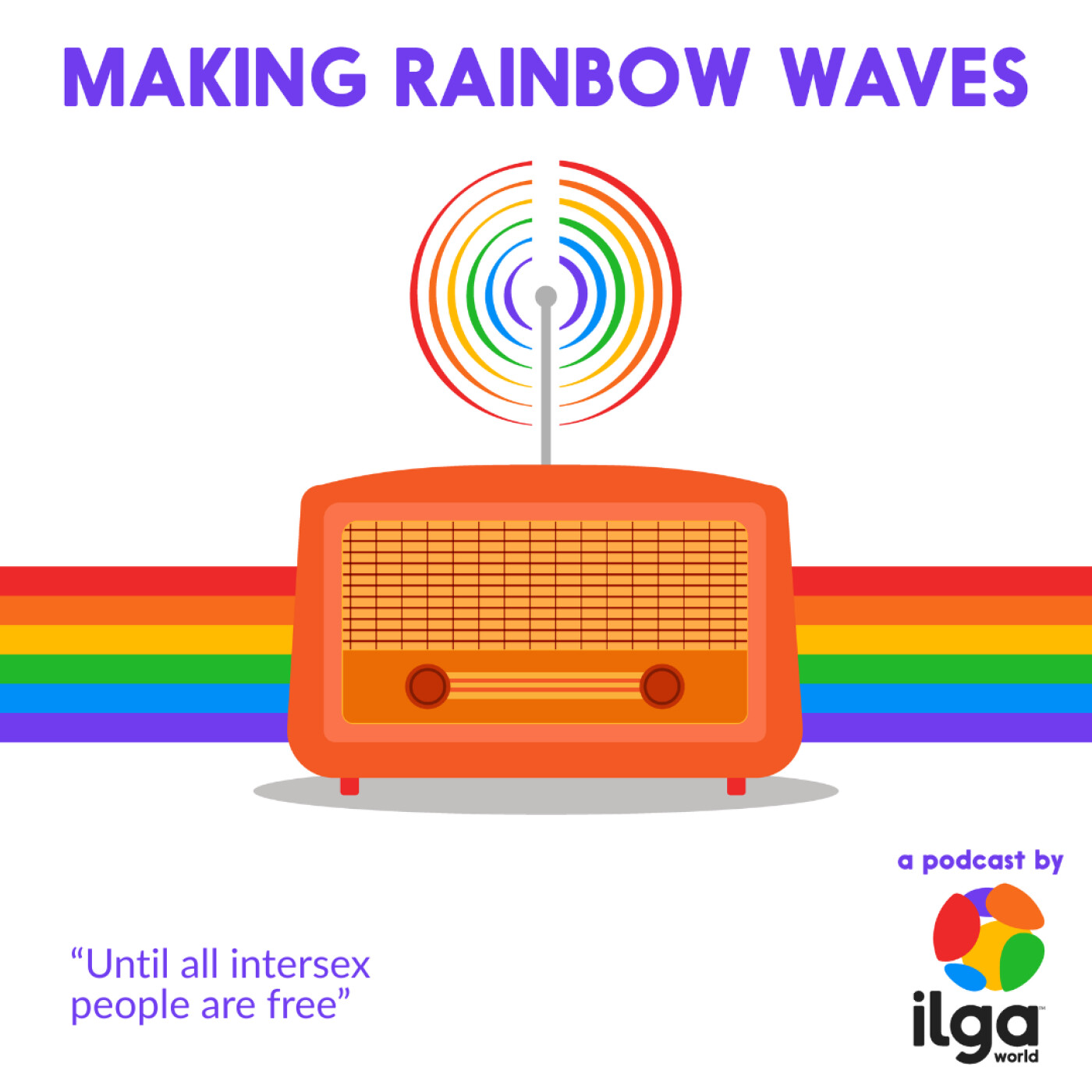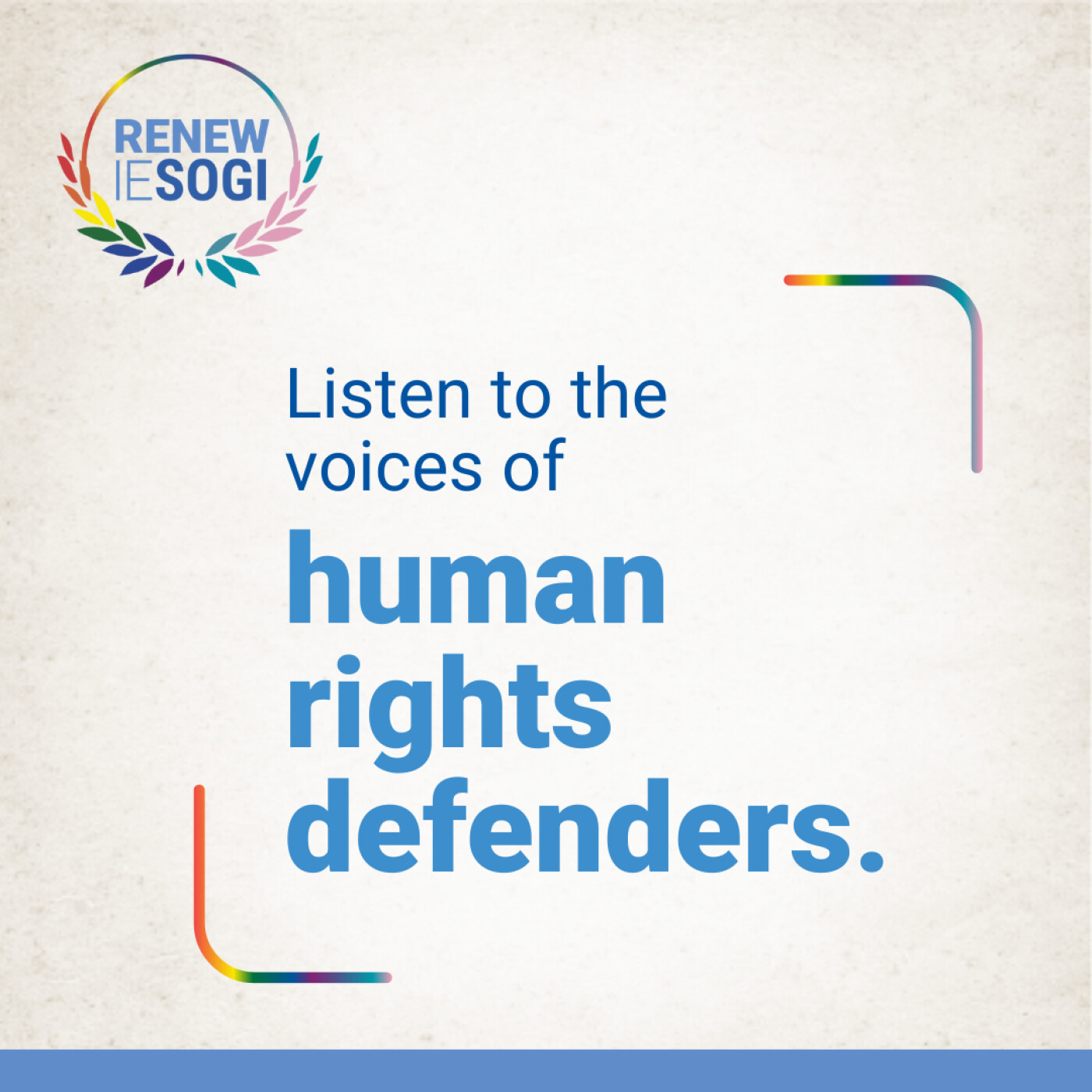"We are part of humanity": a conversation about the importance of trans depathologisation
Description
What do we talk about when we talk about trans depathologisation?
Pathologisation refers to the idea that someone - just by existing, so just by being trans - is somehow intrinsically disordered. Depathologisation, then, means shifting focus from treating trans and gender-diverse identities as mental disorders to prioritising the health and well-being needs of trans people in the same way that we do all other people.
For this new episode of Making Rainbow Waves, ILGA World has sat down with experts across the world on the occasion of this year’s International Day of Action for Trans Depathologisation, to learn more about how depathologisation can impact global health policies, what obstacles countries face in their commitments to the health of trans and gender-diverse individuals, and how important cross-movement solidarity really is.
“There have always been trans and gender-diverse people”, our guests told us. “We are part of humanity. I am very hopeful that, in the end, we will have a recognition across the world of our rights to equality and to human dignity.”
Our guests for this episode of Making Rainbow Waves are:
- Dr Anna Coates, Lead Technical Adviser and Unit Head for Gender at World Health Organization
- Anil Padavatan, Health Program Officer at GATE - Global Action for Trans Equality
- Andie Sophia Fontaine, Trans Ísland
- Joey Joleen Mataele, Tonga Leiti's Association
---
The transcription of the episode, as well as its translation to Spanish, are available at https://ilga.org/podcast-making-rainbow-waves-1x05-trans-depathologisation.
This episode of Making Rainbow Waves was hosted by Darius Gervinskas, and edited by María Alejandra Gonzales Silva. Transcription and translation to Spanish by Daniele Paletta and María Alejandra Gonzales Silva.
Hosted by Ausha. See ausha.co/privacy-policy for more information.













